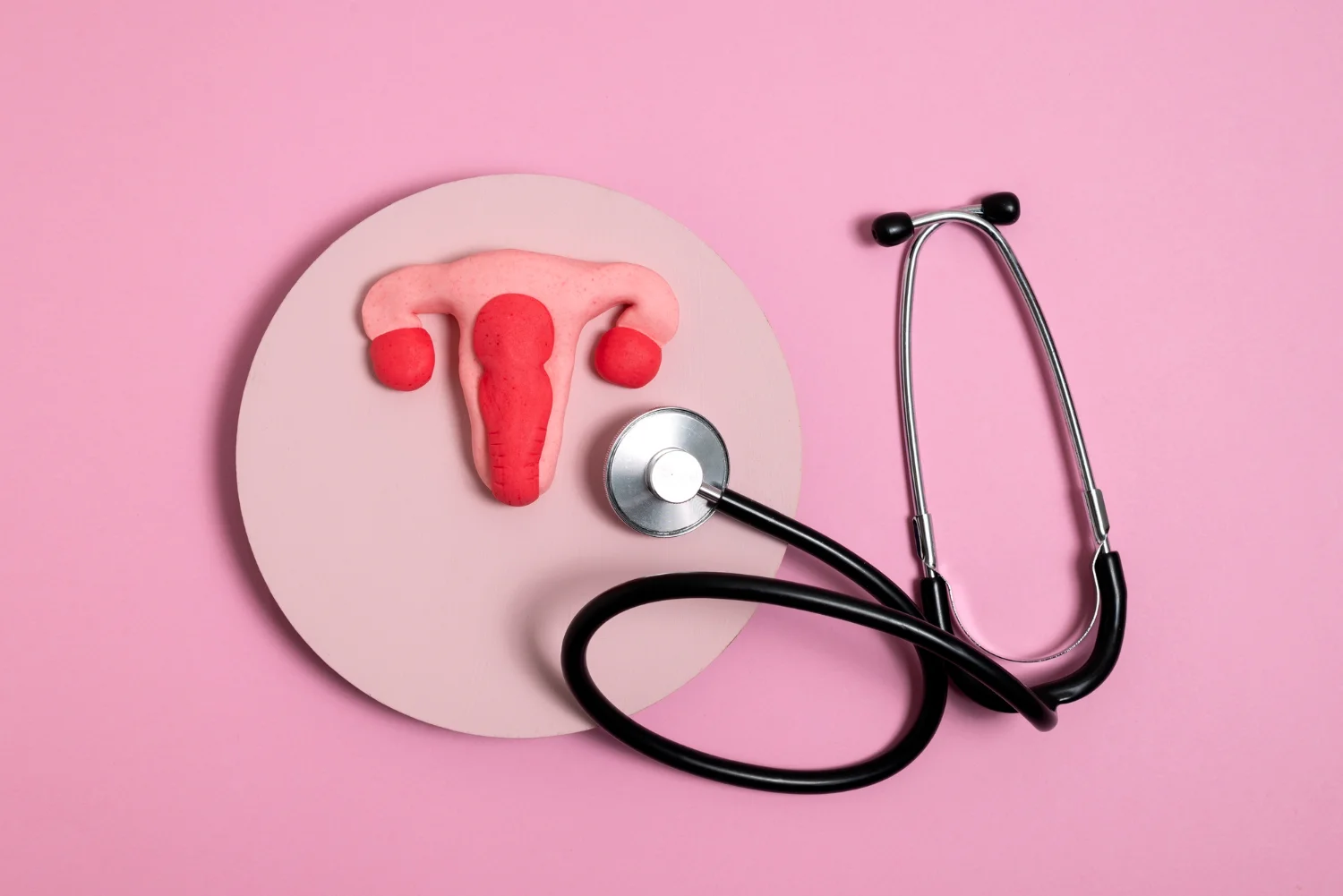Introduction
Menstrual health is a crucial aspect of a woman’s overall well-being. Despite its significance, many women have limited knowledge about their menstrual cycles, leading to unnecessary stress and health concerns. Understanding your cycle can help you track ovulation, detect irregularities, and manage symptoms effectively. This guide aims to shed light on menstrual health and provide essential insights into managing your cycle.
What is the Menstrual Cycle?
The menstrual cycle is a monthly series of changes in a woman’s body that prepare for a possible pregnancy. The average cycle lasts about 28 days, but it can range between 21 to 35 days in healthy women.
Phases of the Menstrual Cycle
- Menstrual Phase (Days 1-5): The cycle begins with menstruation, where the uterus sheds its lining, leading to bleeding that typically lasts 3-7 days.
- Follicular Phase (Days 1-13): Overlapping with menstruation, this phase involves the growth of follicles in the ovaries. Estrogen levels rise, preparing the uterus for potential pregnancy.
- Ovulation (Day 14, on average): A mature egg is released from the ovary. This is the most fertile period, and conception is most likely to occur.
- Luteal Phase (Days 15-28): The body prepares for pregnancy. If fertilization does not occur, hormone levels drop, leading to the next menstrual cycle.
Common Menstrual Irregularities
While variations in cycles are normal, some irregularities may indicate underlying health conditions. These include:
- Amenorrhea: Absence of menstruation for three or more consecutive months.
- Dysmenorrhea: Severe menstrual cramps that interfere with daily activities.
- Menorrhagia: Heavy or prolonged menstrual bleeding.
- Oligomenorrhea: Infrequent or irregular periods.
- Premenstrual Syndrome (PMS): Emotional and physical symptoms before menstruation.
- Polycystic Ovary Syndrome (PCOS): A hormonal disorder that affects menstrual regularity and fertility.
Tips for a Healthy Menstrual Cycle
- Maintain a Balanced Diet: Include iron-rich foods, leafy greens, and whole grains.
- Exercise Regularly: Helps regulate hormones and reduce cramps.
- Stay Hydrated: Prevents bloating and promotes smooth blood flow.
- Manage Stress: Practice yoga, meditation, or deep breathing exercises.
- Track Your Cycle: Use apps to monitor your periods and detect irregularities.
- Consult a Gynecologist: If you experience persistent issues, seek professional medical advice.
Best Gynecologist in Faridabad: Dr. Astha Chakravarty
For women experiencing menstrual irregularities, seeking expert consultation is essential. Dr. Astha Chakravarty, a leading gynecologist in Faridabad, provides comprehensive care for menstrual health, reproductive issues, and fertility treatments. She is the founder of Asha IVF & Fertility Centre, recognized as the best IVF center in Faridabad. With extensive experience in gynecology and infertility treatments, Dr. Chakravarty has helped countless women achieve hormonal balance and conceive successfully.
Why Choose Asha IVF & Fertility Centre?
- Advanced diagnostic and treatment facilities
- Expert team with a high success rate in fertility treatments
- Patient-centric approach with personalized care
- State-of-the-art infrastructure for reproductive health solutions
Conclusion
Understanding your menstrual cycle is the first step toward better reproductive health. If you experience irregularities or fertility concerns, consulting a reputed gynecologist is crucial. Dr. Astha Chakravarty at Asha IVF & Fertility Centre is the best choice for expert guidance and treatment in Faridabad. Prioritize your menstrual health today and seek professional care when needed.






